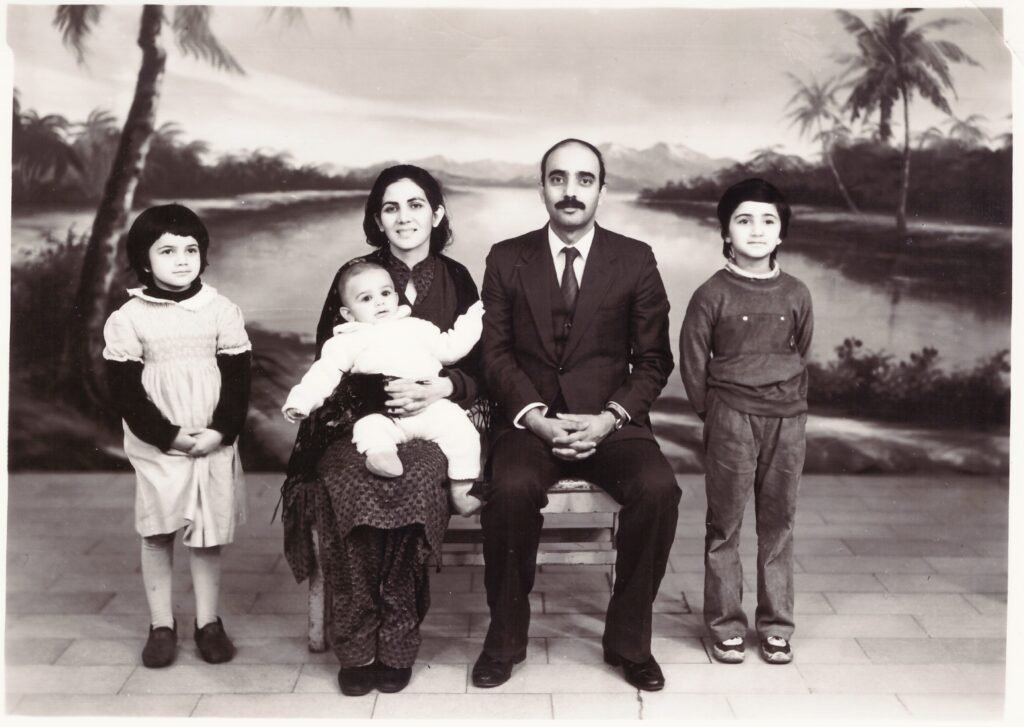In this exclusive interview, we are honored to speak with Masood Khan, a seasoned diplomat, former Ambassador of Pakistan to the United States, and former President of Azad Jammu & Kashmir.
With decades of experience on the frontlines of diplomacy, Masood Khan brings deep insight into the Kashmir dispute, regional geopolitics, and Pakistan’s foreign policy challenges.
In our conversation, he opens up about the aftermath of August 5, 2019, the role of global powers, the future of Kashmiris, and why international attention must return to this long-standing conflict. Stay with us for a candid, in-depth discussion that goes beyond headlines—and brings Kashmir into global focus.
INTERVIEW: Masood Khan with The Kashmir Link
TKL: You were born in Choghli, near Rawalakot. Tell us about your family and early life.
Masood Khan: I was born in Choghli, which lies at the border of Kharrik and Horna Maira near Rawalakot. My grandfather was the elder brother of Sardar Muhammad Ibrahim Khan, the founding president of Azad Kashmir. He was the eldest among all siblings. Our tribe is quite large and remains settled in Kharrik, Horna Maira, and the surrounding hills. That’s where I was born and raised.

TKL: Where did you receive your early education?
Masood Khan: My early schooling was in Behdar, where I completed first and second grades. After that, I studied in Murree, Jhelum, Bahawalpur, and later Rawalpindi. But for my college education, I returned to Rawalakot and spent four years there.
TKL: From college to university—how did your academic path continue?
Masood Khan: I obtained my university degree from Punjab University and appeared for my exams at Gordon College. It was during this time that a team from Radio Pakistan visited Rawalakot, including renowned producer Akhtar Imam Rizvi, who encouraged me to work in broadcasting.
TKL: So that was the beginning of your broadcasting journey?
Masood Khan: Yes. Even while studying at Gordon College, I started working with Radio Pakistan—hosting programs like Jawan Saal, conducting interviews, and later reading English news. Eventually, I even covered high-profile international visits. I remained connected to Radio Pakistan and later PTV for nearly 10 years—even after joining civil service.
TKL: When did you decide to take the CSS exam, and what motivated you?
Masood Khan: Honestly, I took the exam reluctantly due to pressure from my late uncle and support from colleagues. I secured the third position nationwide. Even then, I was unsure. Had I not joined the civil service, I would have pursued writing, journalism, law, or possibly politics.
TKL: Why did you choose the Foreign Service instead of PAS or other services?
Masood Khan: I had no interest in the District Management Group (now PAS) or other services. Foreign Affairs attracted me more. It offered more integrity and intellectual engagement than administrative roles.
TKL: What were some of your key foreign postings?
Masood Khan: My first posting was in China, where I formally learned Chinese. Then I was posted to the Netherlands to handle Pakistan-Europe relations. Later, I moved to New York, marking the start of my career in multilateral diplomacy—representing Pakistan at the UN, Security Council, and General Assembly.
TKL: Which languages are you fluent in?
Masood Khan: English, Urdu, Pahari, Punjabi, and Chinese. I also have basic knowledge of Dutch and Arabic.
TKL: You were active in student politics. What’s your view on student unions?
Masood Khan: Student unions should be allowed—but within a structured and disciplined framework. Students must balance academics with political engagement. I’ve always believed in debate and dialogue; practical exposure is essential, but education should be the top priority.
TKL: As President of Azad Kashmir, what was your biggest challenge?
Masood Khan: Proving that I was not an outsider. Despite my background, some doubted my roots. But my family, land, and community ties are deeply embedded in Azad Kashmir.
TKL: How did the 13th Amendment change things for Azad Kashmir?
Masood Khan: It helped reduce the imbalance of power between Azad Kashmir and the federal government. We achieved progress in roads, education, and electrification—even in remote areas.
TKL: What are the remaining challenges for Azad Kashmir?
Masood Khan: Issues like wheat pricing, electricity, water supply, and the scheduling of a local bank remain. I recently discussed these with the Finance Minister, and progress is underway.
TKL: Should Azad Kashmir be merged with Pakistan?
Masood Khan: That’s a very sensitive issue. Azad Kashmir is a disputed region, and its final status must be decided by its people through UN resolutions. I’ve always advocated for multilateral talks that include the people of Jammu and Kashmir as the primary stakeholders.
TKL: Final thoughts?Masood Khan: Serving Azad Kashmir and representing Pakistan globally has been an honor. I’ve traveled to 29 countries to raise the Kashmir issue. While we’ve made progress, a lot remains to be done. We must continue striving for justice, dignity, and representation for the people of Jammu and Kashmir.